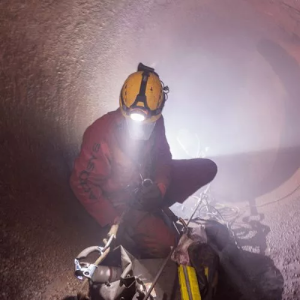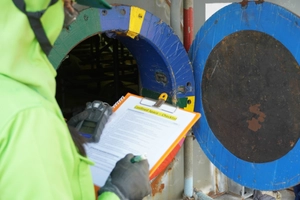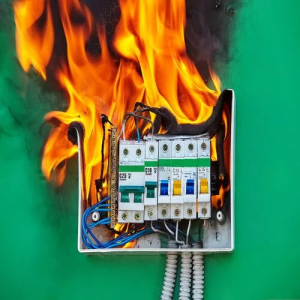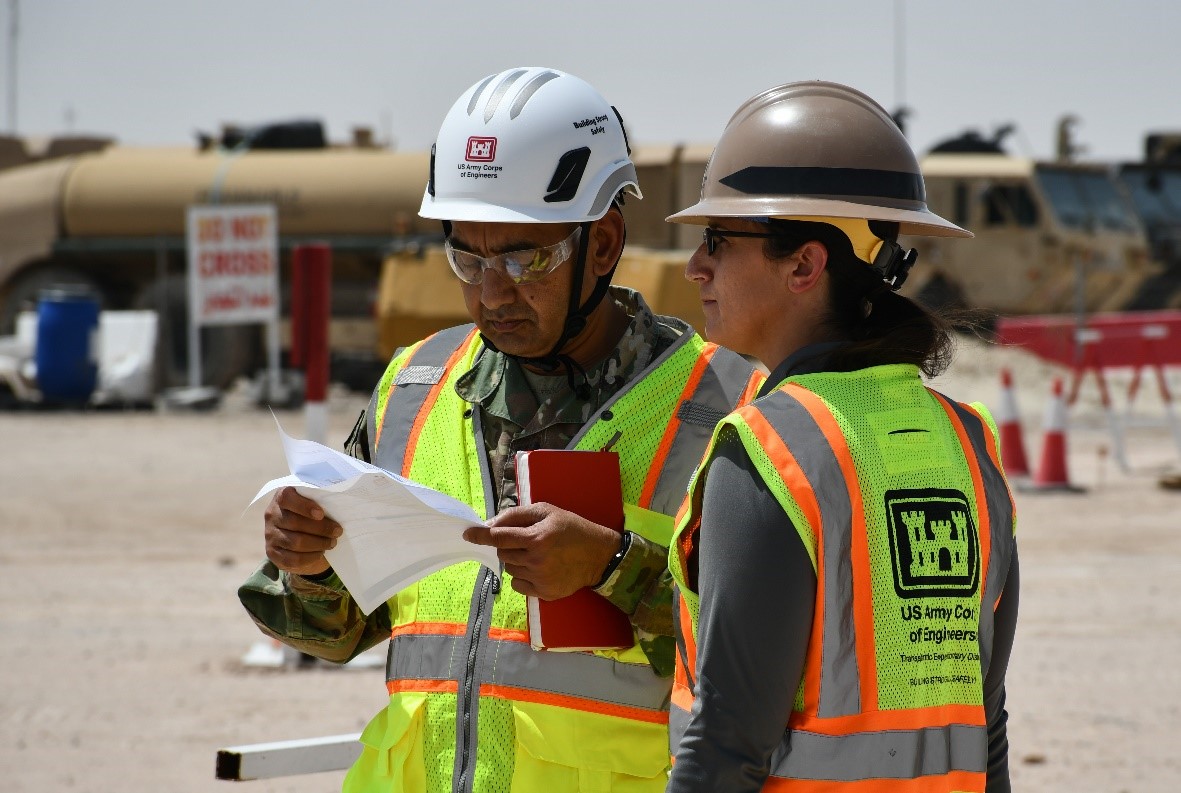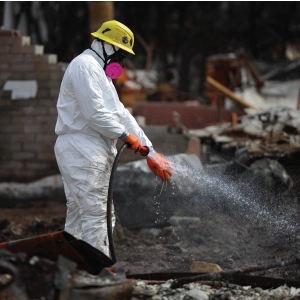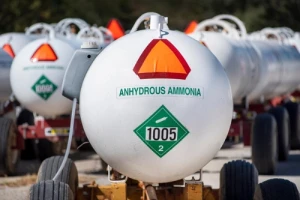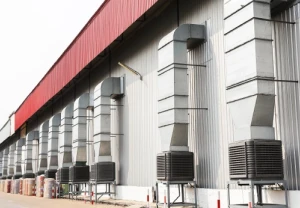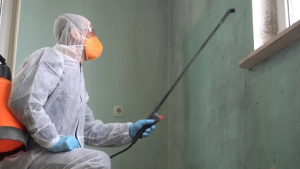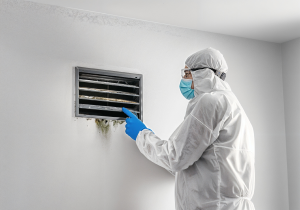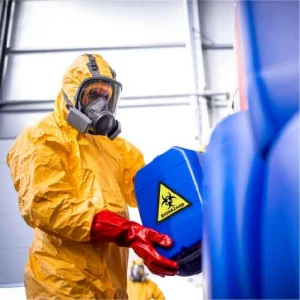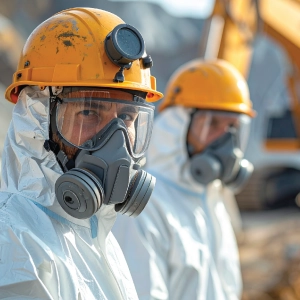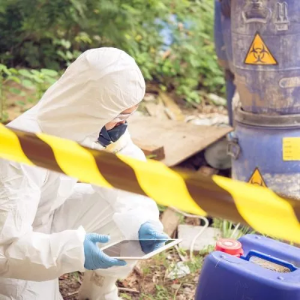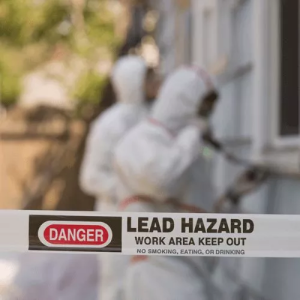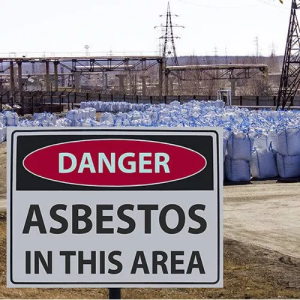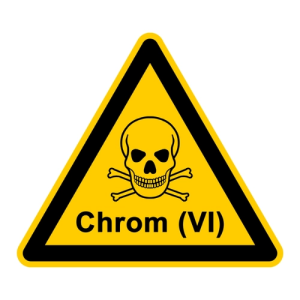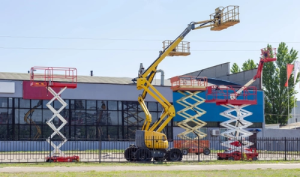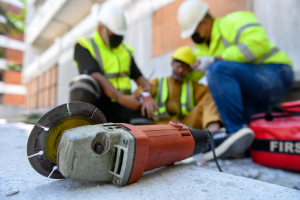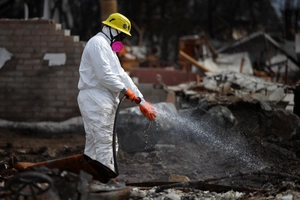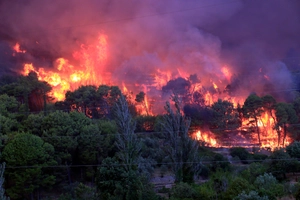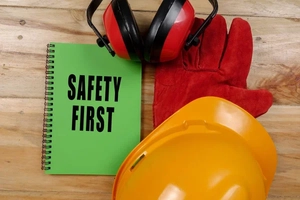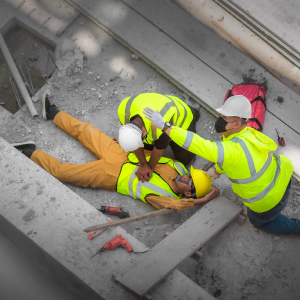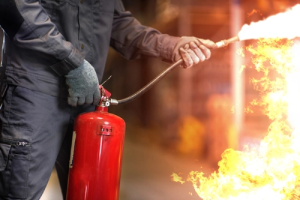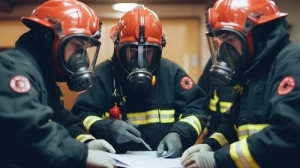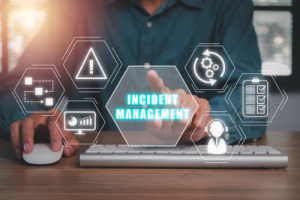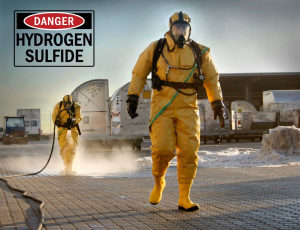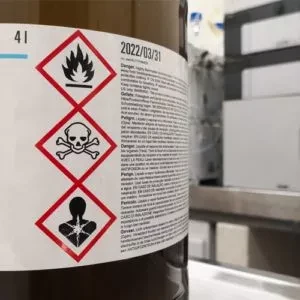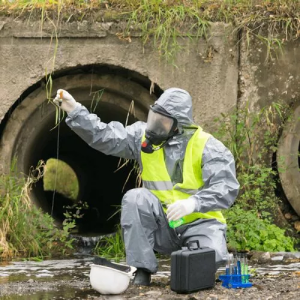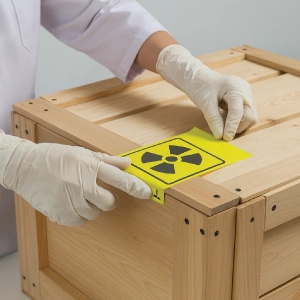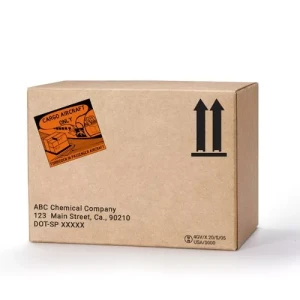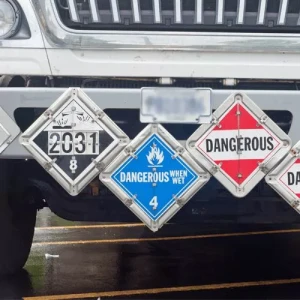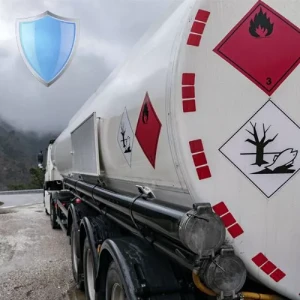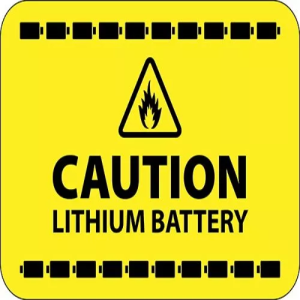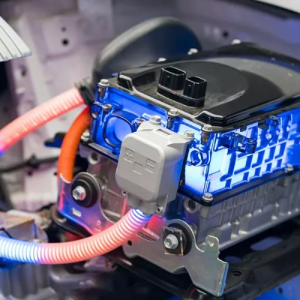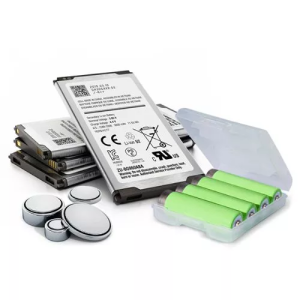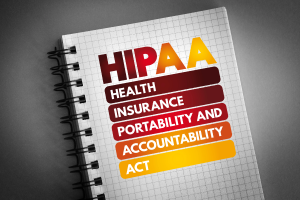Arc Flash Safety Training (NFPA 70E 2024)
- In accordance with Federal OSHA Regulations 29 CFR 1910 Subpart S, 29 CFR 1926 Subpart K, and NFPA 70E 2024
- Available in:
 English |
English |  Español
Español - Study anytime, anywhere, on any device
- Flexible, self-paced mobile learning module
- Instantly download your certificate upon completion
- Engage with audio narration for on-the-go study
- Available as SCORM, on-demand online, virtual instructor-led, or in-person training
0.2
Bulk Buying
| Employee | Per Seat |
|---|---|
| 2-10 | $49.49 |
| 11-20 | $48.99 |
| 21-50 | $48.49 |
| 51-100 | $47.49 |
| 101-250 | $46.49 |
Course Facts
Training Duration
Learning Type
Course Access Validity
Device Support
Certificate Validity
An arc flash is a phenomenon where a flashover of electric current leaves its intended path and travels through the air from one conductor to another, or to the ground. The results of an arc flash are often violent. An arc flash gives off thermal radiation (heat) and bright, intense light that can lead to serious injuries or even death. It is the employer’s responsibility to ensure that electrical equipment is free from recognized hazards that are likely to cause death or serious physical harm to employees.
A qualified person must assess the workplace to identify electrical hazards to which employees may be exposed. This assessment would allow for the selection of appropriate hazard controls and safe work practices to ensure the health and safety of employees and prevent damage to structures and equipment.
This NFPA 70E Arc Flash Safety Training course is designed to familiarize workers with the arc flash hazards in their workplaces and the safe work practices set forth in the Occupational Safety and Health Administration (OSHA) Electrical Safety Standards (29 CFR 1910 Subpart S and 29 CFR 1926 Subpart K) and the National Fire Protection Association (NFPA) 70E, Standard for Electrical Safety in the Workplace.
Who Needs this Arc Flash Safety Training Certification?
This Arc Flash Safety Training is intended for electricians who install, maintain, or repair electrical systems and equipment in the workplace:
- Maintenance and facility personnel who work on or near energized electrical panels, machinery, or circuit parts.
- Managers and supervisors responsible for overseeing electrical work or enforcing safety procedures should complete this training to ensure regulatory compliance.
- Equipment operators who work near electrical equipment or power distribution systems need this training to recognize arc flash hazards and work safely.
- Janitorial and custodial staff with access to electrical rooms or equipment are required to complete this training to prevent accidental exposure to electrical hazards.
- Contractors and temporary workers performing electrical or maintenance tasks must complete this Arc Flash Safety Training before working on U.S. job sites.
Why Choose Our Arc Flash Safety Training?
- Develops the skills and confidence needed to recognize arc flash hazards and respond effectively.
- Equips learners to spot risks early and apply the correct safety procedures.
- Reduces the likelihood of arc flash incidents, severe injuries, and regulatory penalties by teaching best practices.
- Promotes safer work practices that protect lives and help organizations stay compliant with OSHA and NFPA 70E.
NOTE: Our Arc Flash Safety Training (NFPA 70E) course is developed in alignment with the most recent 2024 edition of NFPA 70E regulations and meets all applicable requirements. This course will provide an overview of the hazards associated with working on or near electrical conductors and equipment. Special emphasis on arc flash hazards and the regulatory requirements for protecting employees from these hazards is also covered.
Arc Flash Safety Training (NFPA 70E 2024) Course Syllabus
This safety Arc Flash Training (NFPA 70E) course consists of 4 lessons. Students are required to take each lesson in sequential order as listed below.
Introduction
Lesson 1: What is an Arc Flash?
- Provide perspective on electrical and arc flash hazards.
- Explain electricity and the hazards associated with it.
- Define arc flash and discuss hazards related to arcing events.
- Explain the factors that determine the severity of an arc flash.
- Discuss the usage of two types of overcurrent protection devices.
Lesson 2: Regulatory Overview
- Explain the regulatory requirements for protecting workers from electrical hazards, including shock, electrocution, arc flash, and arc blast.
- Explain the relationship between OSHA standards and the NFPA 70E Standard.
- Examine the key elements of an electrical safety program.
- Describe the concept of an “electrically safe work condition” as outlined by the NFPA 70E standard.
Lesson 3: Controlling Arc Flash Hazards
- Safety principles to reduce risks when working with electrical conductors and equipment.
- How insulating conductors protect people from electrical hazards.
- Using guarding to prevent unauthorized access to electrical equipment.
- The purpose of grounding electrical tools and systems.
- How ground fault circuit interrupters (GFCIs) protect people from hazards.
Lesson 4: Arc Flash PPE and Labels
- Importance of PPE in workplace electrical safety programs.
- What arc-rating means and features of arc-rated clothing.
- How to select the right arc-rated PPE.
- Category (CAT) ratings for test instruments and equipment.
- Labeling requirements for electrical equipment.
Final Examination
Frequently Asked Questions
An arc flash hazard refers to the risk of extreme heat, pressure waves, and intense light caused by arcing faults in electrical systems. These events can ignite clothing, cause severe or fatal burns, and result from issues like dust, corrosion, moisture, or accidental contact with live conductors. An arc flash study is an engineering analysis of a facility’s electrical system to evaluate potential arc flash hazards. It calculates incident energy levels, determines protection boundaries, and identifies the required PPE and labeling to keep workers safe when working on or near energized equipment.
NFPA 70E requires employers to assess arc flash hazards, define protection boundaries, and provide appropriate arc-rated PPE. It also mandates clear equipment labeling and emphasizes safe work practices to minimize exposure to energized parts.
The NFPA 70E is an internationally applied standard. The electrical safety-related work practices, safety-related maintenance requirements, and other administrative controls in NFPA 70E apply to all alternating and direct current systems. The requirements in NFPA 70E apply to all types of employees, employers, and facilities, including in-house employees, contract employees, contractor employees, general industrial workplaces, and construction workplaces regardless of their location in the world.
The NFPA 70E is an internationally accepted American National Standard that defines electrical safety-related work practices. The US Department of Labor’s Occupational Safety and Health Administration (OSHA) looks to the prescriptive-based requirements of NFPA 70E to fulfill the performance-based requirements included in its standards. NFPA 70E fleshes out how the performance-based requirements in the OSHA standards can be met by providing and defining minimum standard industry practices necessary for electrical safety. OSHA is the law, and NFPA 70E outlines ways to comply with OSHA’s electrical safety requirements. This symbiotic relationship between NFPA 70E and OSHA electrical safety standards helps to increase safety in the workplace.
The course meets and exceeds the OSHA Arc Flash Requirements compliance requirements as codified in 29 CFR 1926 Subpart K for the construction industry and 29 CFR 1910 Subpart S for the general industry, as well as the arc flash certification requirements for NFPA 70E regulations of 2024.
- Develops the skills and confidence needed to recognize arc flash hazards and respond effectively.
- Equips learners to spot risks early and apply the correct safety procedures.
- Reduces the likelihood of arc flash incidents, severe injuries, and regulatory penalties by teaching best practices.
- Promotes safer work practices that protect lives and help organizations stay compliant with OSHA and NFPA 70E.
This Arc Flash Safety Training is intended for electricians who install, maintain, or repair electrical systems and equipment in the workplace:
- Maintenance and facility personnel who work on or near energized electrical panels, machinery, or circuit parts.
- Managers and supervisors responsible for overseeing electrical work or enforcing safety procedures should complete this training to ensure regulatory compliance.
- Equipment operators who work near electrical equipment or power distribution systems need this training to recognize arc flash hazards and work safely.
- Janitorial and custodial staff with access to electrical rooms or equipment are required to complete this training to prevent accidental exposure to electrical hazards.
- Contractors and temporary workers performing electrical or maintenance tasks must complete this Arc Flash Safety Training before working on U.S. job sites.
There are no prerequisites for this course.
Certificate of Completion: Immediately after passing the final exam, you can download, save, or print your certificate in PDF format.
Validity: This online arc flash training certificate is valid for 36 months.
Renewal: Simply take this course in 36 months to maintain compliance and stay current on arc flash safety best practices at construction sites.
COURSE OBJECTIVES
Course Objectives
After completing the course, the learner will be able to:
- Define what an arc flash is and understand the hazards associated with arcing events.
- Understand the relationship between OSHA regulations and the NFPA standards.
- Understand the concept of an “electrically safe work condition” as set forth by the NFPA 70E.
- Describe insulation, guarding, and grounding as methods for controlling arc flash hazards as well as other electrical hazards.
- Describe the characteristics of arc-rated clothing and understand the methods for selection of appropriate personal protective equipment (PPE).
- Understand the considerations for safe use and maintenance of portable electric tools.
- Describe category (CAT) ratings for test instruments.
- Explain the specifications for labeling electrical equipment.
Choose Your Ideal Training Format:



Virtual Instructor-Led
$199.00/Seat (minimum 10 seats)

Client-Site In-Person
$750.00/Seat (minimum 10 seats)
The ROI of Online Safety Training
Discover the value of our efficient alternative to live training, and calculate your return on investment.


Recommended Courses
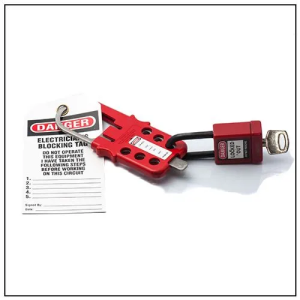
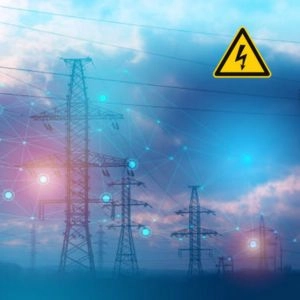

For Corporate Orders and Inquiries please reach out to our sales team at (310) 498-0546
By signing up you agree to receive marketing emails.
Be assured we will never spam you!

 EN
EN ES
ES





